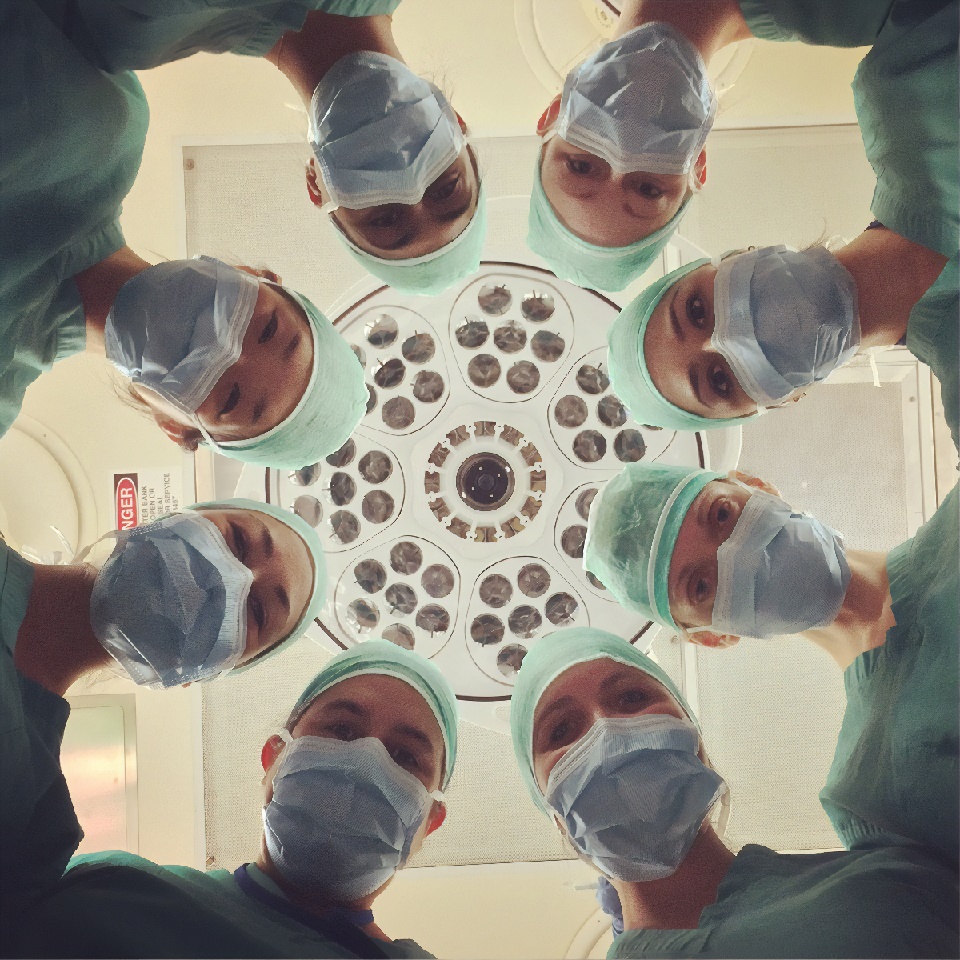It has been revealed that a quarter of frontline doctors have sought mental health support during the coronavirus pandemic in the UK.
 The Royal College of Physicians (RCP) has published data showing that, after having faced one of the worst public health crises of the modern era, 1 in 4 doctors has sought mental health support – both informal and formal.
The Royal College of Physicians (RCP) has published data showing that, after having faced one of the worst public health crises of the modern era, 1 in 4 doctors has sought mental health support – both informal and formal.
Released as part of the RCP’s eighth survey of its fellows and members, the data makes clear the pressures placed on frontline doctors during the Covid-19 crisis.
Of those who reported seeking support for their mental wellbeing, more sought informal mental health support (19%) rather than formal mental health support from their employer, GP or external services (9%).
While over a third (35%) of respondents said they did feel supported, the majority (64%) reported feeling tired or exhausted and almost half (48%) said they felt worried.
 The Covid-19 pandemic in the UK has seen an already stretched NHS workforce placed under immense pressure, with burnout of staff then adding to the challenges faced by the health service. Many frontline health professionals have admitted that their work has negatively impacted their own health and mental wellbeing during the pandemic.
The Covid-19 pandemic in the UK has seen an already stretched NHS workforce placed under immense pressure, with burnout of staff then adding to the challenges faced by the health service. Many frontline health professionals have admitted that their work has negatively impacted their own health and mental wellbeing during the pandemic.
The RCP also found that, while 85% of doctors have received their first dose of a vaccine, only 16% have had two doses and a significant number (58%) are worried about having to wait 12 weeks for their second dose.
The President of the RCP, Professor Andrew Goddard, said that the experience of working in the health service is “pretty awful at the moment.”
He added:
“I am extremely concerned about the mental health of frontline doctors, who may be suffering from burnout and a feeling of not being valued. I’m not sure that before the pandemic many physicians would have contemplated that they might need formal mental health support in their career.
“Staff will be in desperate need of a break and will need specific time away if they’re to be at their best after the pandemic.”
He spoke of a need to address staffing levels in the NHS, explaining: “Doctors have demonstrated remarkable resilience throughout the pandemic, working under the most challenging conditions the NHS has ever faced, but they can’t continue working this way forever.
“Workforce shortages need to be urgently addressed post-pandemic if we’re ever to reduce the immense pressure on NHS staff and ensure that they are prepared and supported to get the NHS back on an even keel.”
First Response Training (FRT) is a leading national training provider.
 They work with thousands of organisations from all industry sectors and throughout the UK to deliver a wide and diverse range of training in the fields of health and safety, first aid, fire safety, food hygiene, mental health, health and social care and other special focus topics.
They work with thousands of organisations from all industry sectors and throughout the UK to deliver a wide and diverse range of training in the fields of health and safety, first aid, fire safety, food hygiene, mental health, health and social care and other special focus topics.
Their range of mental health training courses includes the Level 2 Award in Understanding Mental Health, which is a full day, externally accredited course that includes a course companion manual and provides people with an in-depth understanding of mental health problems, recovery and prevention.
They can also provide courses in Anxiety Awareness, Anxiety and Phobias Awareness, Bipolar Disorder Awareness, Mental Health Awareness in the Workplace, Mental Health Awareness for social care, Managing Your Stress, Self-Harm Awareness and Suicide Awareness.
FRT can also provide trainers who are accredited to deliver Mental Health First Aid training courses, including Adult, Youth and Lite versions.
A trainer from FRT explains: “The Covid-19 pandemic has left many scars – from medics on the frontline working under immense pressure and witnessing serious suffering and distress, to those who have lost loved ones and those who have struggled with anxiety or feelings of isolation and loneliness during lockdown.
“Now, more than ever, we need awareness, understanding and education about mental health to offer practical and emotional support to those who need it.”
For more information about the training that FRT can provide, please call them today on freephone 0800 310 2300, or send an e-mail to info@firstresponsetraining.com.
